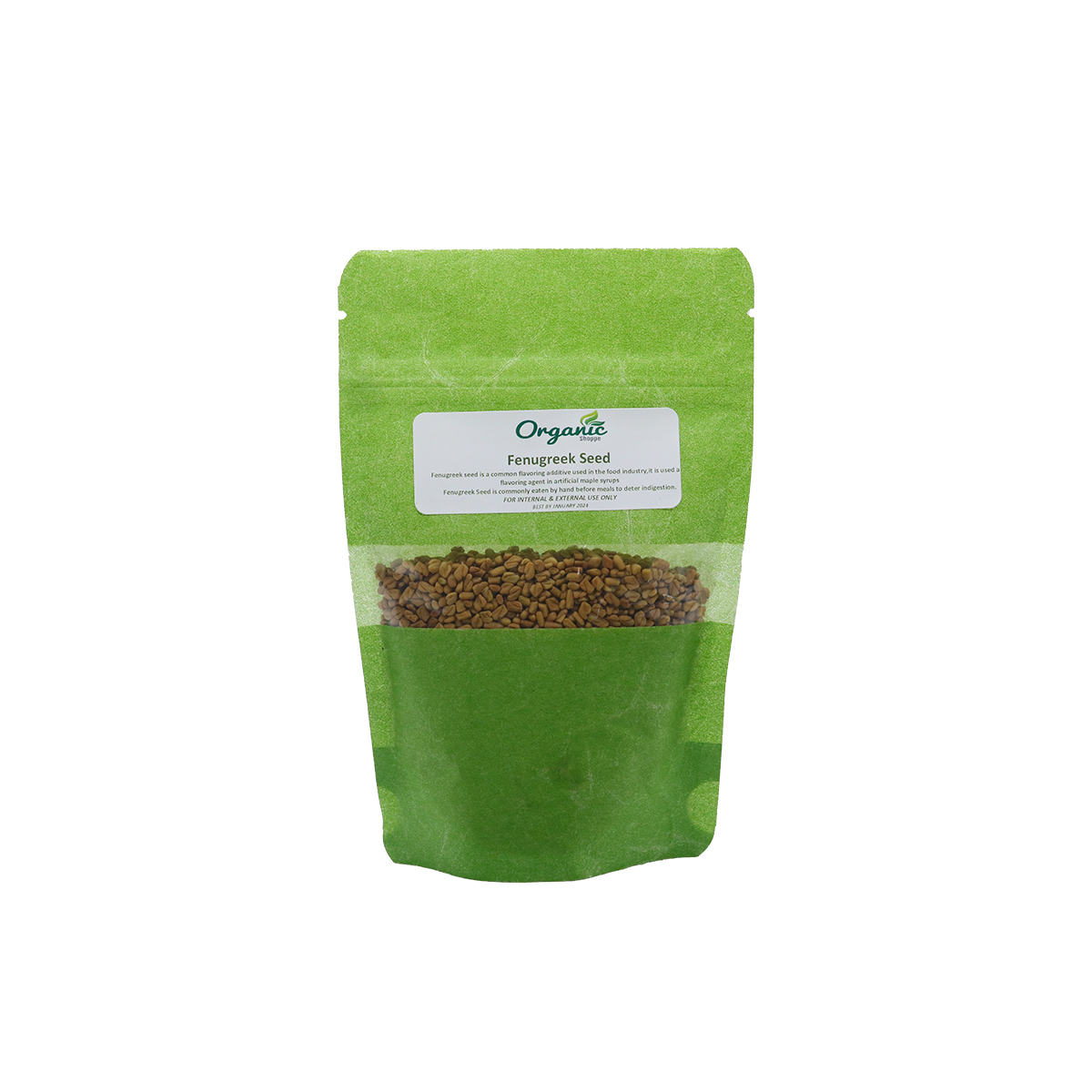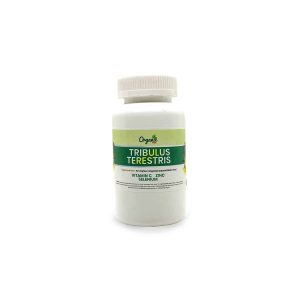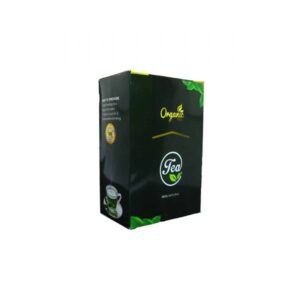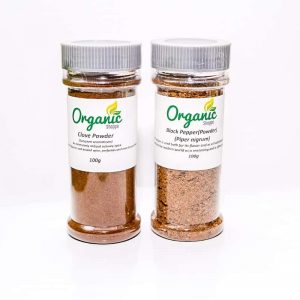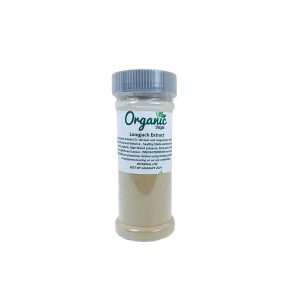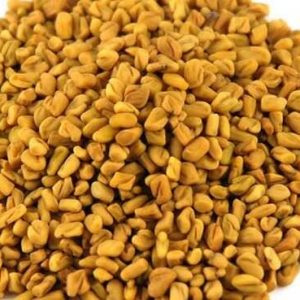Fenugreek
Fenugreek is an annual herb with light green leaves and small white flowers. It’s of the pea family (Fabaceae) and also known as Greek hay (Trigonella foenum-graecum). Fenugreek seeds are similar to celery in that they both have a somewhat bitter taste and are often used to make medicine. However, fenugreek has a far more pleasant taste when cooked and the seeds of fenugreek are the most widely used part of fenugreek, which are usually dried and ground into the powdery form.
Fenugreek has been known to help with various inflammations on the body such as Cancer, kidney ailments, boils, tuberculosis, and chronic coughs. In as much as it lowers internal inflammation, fenugreek is sometimes used externally to treat inflammations on the skin, which means it’s wrapped in cloth, warmed and applied directly to the skin. This reduces external inflammation and can treat pain and swelling in the muscles and lymph nodes.
Fenugreek appears to slow absorption of sugars in the stomach and stimulate insulin. It helps in treating some digestive problems, such as constipation and inflammation of the stomach. Fenugreek is also used as an ingredient in spice blends such as curried dishes, and used as a flavouring agent in beverages and foods. Beyond enhancing flavour, fenugreek has been shown in increase appetite, which results in restorative and nutritive properties.
Fenugreek also has a significant influence on sexual arousal, energy and stamina because fenugreek increases sexual arousal and testosterone levels.
NB: There are a few possible fenugreek side effects. When taken by mouth, it may cause gas, bloating and diarrhoea. Fenugreek also can cause irritation when applied directly to the skin, so always test the area first.
Even though fenugreek has a history for inducing childbirth, women should always use caution when taking fenugreek during pregnancy. Make sure you talk to your health care provider about fenugreek prior to use.


